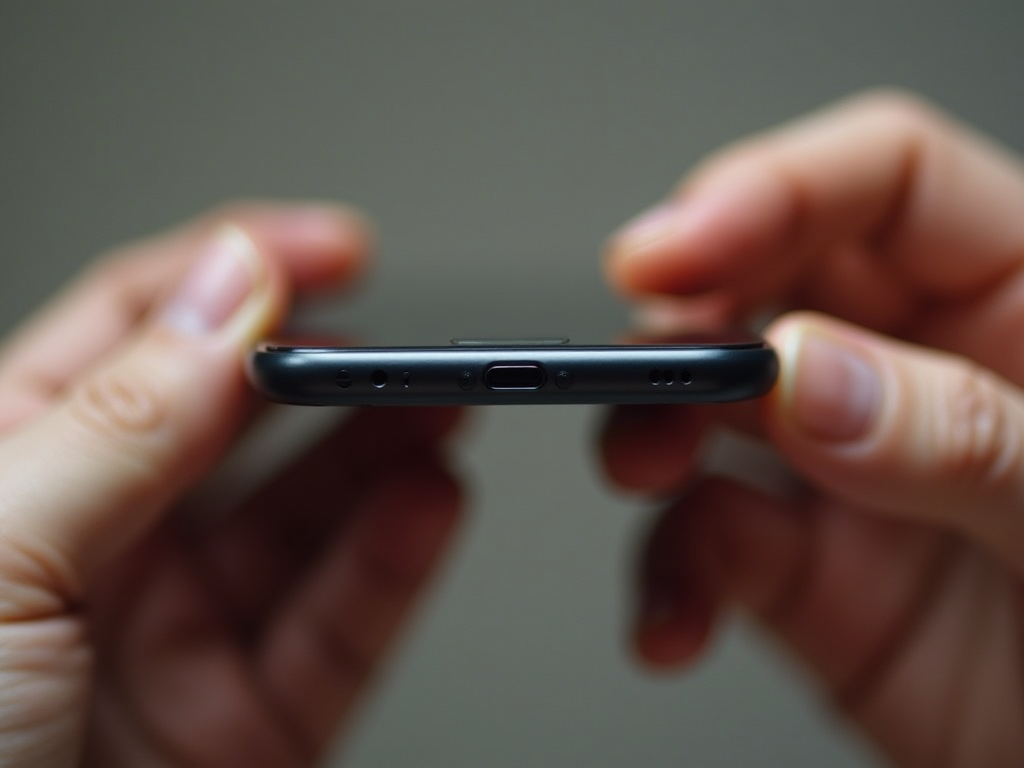AI-generated music presents a fascinating blend of technology and artistry, raising significant questions about copyright implications. The primary concern for YouTube creators is whether AI-generated tracks can incur copyright strikes, and the answer is multifaceted. While AI music holds a unique place in content creation, understanding the nuances of copyright laws is essential to navigate potential challenges on platforms like YouTube.
Understanding AI-Generated Music

AI-generated music is crafted using algorithms and machine learning models, often creating compositions that can mirror human creativity. These AI systems analyze vast datasets of existing music to produce new and unique pieces. The process does not involve direct human composition but rather the skillful manipulation of musical patterns and structures learned from data. While some tracks may sound eerily familiar, they are technically original creations by the AI, challenging traditional concepts of authorship and creativity. This unique method of creation poses distinct legal and ethical considerations, especially regarding ownership and copyright.
The Concept of Copyright in AI Music

Copyright, fundamentally, is designed to protect human creativity and expression. However, when it comes to AI-generated music, assigning ownership becomes complex. Currently, most jurisdictions do not recognize AI as a legal entity capable of holding copyright. This means that ownership rights typically fall to the person or company that operates or owns the AI. Despite this, disputes can arise if an AI-generated piece closely resembles existing copyrighted music. The difficulty lies in determining the originality and authorship of a piece produced by an algorithm.
While AI-generated music offers creators fresh options for content, it comes with risks regarding copyright strikes. YouTube employs advanced content ID systems that scan and match uploaded music against a database of copyrighted tracks. If your AI-generated music closely matches an existing copyrighted work, you may face copyright claims. It’s crucial to perform due diligence by ensuring the AI music you use does not infringe upon existing copyrighted material. Assess the originality of the composition and verify that it does not overlap substantially with well-known music pieces.
Best Practices to Avoid Copyright Strikes
To mitigate the risk of copyright strikes, content creators should adhere to certain best practices. Consider these strategies:
- Utilize AI tools that offer evidence of originality and traceability for their music outputs.
- Conduct thorough checks to ensure your AI-generated music is distinct and does not resemble copyrighted tracks.
- Consult with legal professionals to navigate copyright laws effectively.
- Use platforms or services that license AI music legally and transparently.
- Regularly review updates to copyright laws as AI music becomes more prominent.
Implementing these measures can help safeguard your content from unnecessary legal disputes and enhance your creative process without hindrances.
Potential Future of AI Music and Copyright
The relationship between AI-generated music and copyright law is evolving rapidly. As the legal system grapples with these new technologies, we may see changes in how copyright applies to AI creations. This could include potential recognition of AI as a contributor to creativity or changes in how rights are assigned. Future developments may offer clearer guidelines and laws to accommodate the unique challenges posed by AI in creative fields. For now, staying informed and adaptive to legal changes will be crucial for content creators using AI music on platforms like YouTube.
Conclusion
AI-generated music is undoubtedly a groundbreaking development, offering new paths for creative expression while challenging existing legal frameworks. As of now, AI music poses a unique set of challenges for YouTube creators, particularly regarding copyright. By understanding the current legal landscape and implementing best practices, creators can navigate these complexities effectively. Staying informed about emerging legislation and utilizing AI music responsibly will enable content creators to harness its benefits without falling afoul of copyright issues.
Frequently Asked Questions
1. Can I own copyright on AI-generated music?
Currently, the creator or operator of the AI tool typically holds the copyright, not the AI itself. Legal recognition of AI ownership is still an evolving topic.
2. How can I ensure my AI-generated music is safe to use on YouTube?
Ensure that the AI music tool provides evidence of originality, conduct similarity checks against existing music, and consider using licensed AI music services.
3. What happens if my AI music is flagged on YouTube?
You may receive a copyright claim or strike. It’s important to address these promptly, potentially disputing claims if your music is original and unique.
4. Are there specific AI tools recommended for creating YouTube-safe music?
While many AI music tools exist, choose ones that offer clear licensing terms and evidence of originality, such as Amper Music or Jukedeck.
5. Will the laws around AI and copyright change soon?
As AI technology advances, it’s likely that copyright laws will evolve to better address these unique creations. Staying updated on legal developments is crucial.



